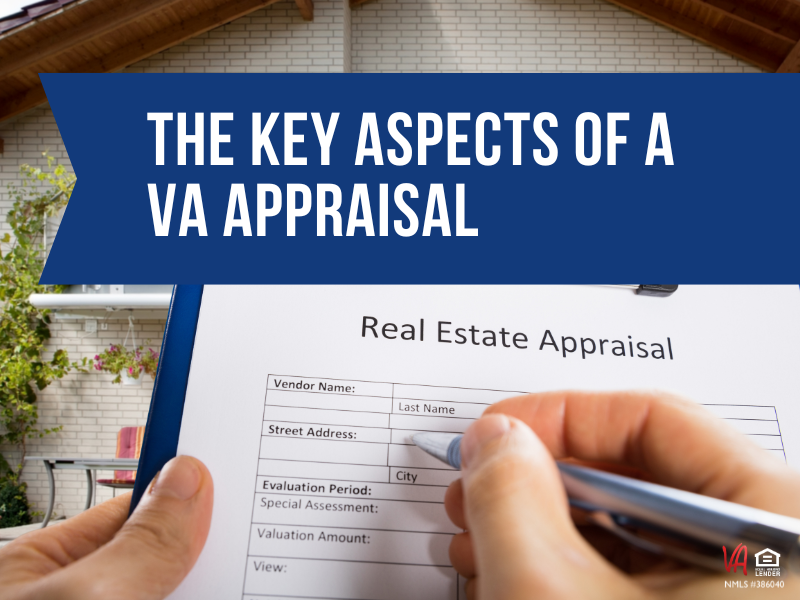The VA has established specific guidelines for appraisals to ensure that properties financed with VA loans meet minimum standards for safety, habitability, and value. Thus, the goal is to ensure that the home is suitable for a veteran to live in. Issues such as peeling paint, damaged roofs, and other health or safety concerns might be scrutinized more closely compared to conventional appraisals. Here are some key aspects of the VA appraisal guidelines:

VA Appraisal Minimum Property Requirements (MPRs)
The property must meet certain minimum standards set by the VA. Therefore, MPRs cover various aspects, including:
- Structural integrity: The home should be structurally sound.
- Roofing: The roof should be in good condition.
- Mechanical systems: Heating, cooling, and electrical systems should be functional.
- Water and sanitation: Safe drinking water and proper sewage disposal are required.
Safety and Habitability
The property should be safe and habitable. So this includes addressing issues such as:
- Adequate access and egress (entry and exit points).
- No health or safety hazards.
- Compliance with local building codes.
Functionality
The property should be functional for residential purposes. This involves assessing the number of bedrooms and bathrooms, as well as the overall livability of the space.
Water Catchment/Well Water Testing
If the property has a water catchment or well for water supply, it will need to undergo water testing to ensure it meets health standards.
Lead-Based Paint Inspection
For homes built before 1978, a lead-based paint inspection may be required. Peeling or deteriorating paint in homes built before this date could pose a health hazard.
VA Appraiser Independence
The appraiser must be independent and free from any influence that could compromise the objectivity of the appraisal. Therefore, they are selected by the VA or an approved appraisal management company.
Comparable Sales (Comps)
The appraiser determines the property’s value by comparing it to recent sales of similar properties in the area. The chosen comps should reflect the local market conditions.
Veteran-Friendly Features
The appraiser may consider features that are particularly beneficial to veterans, such as wheelchair accessibility or accommodations for disabled veterans.
It’s important to note that the VA appraisal is not a home inspection. Rather, it focuses on the overall condition of the property rather than identifying every potential issue. If the property doesn’t meet the MPRs, the seller may need to make necessary repairs or adjustments before the loan can proceed.
Veterans are encouraged to work with experienced real estate agents and lenders like us who are familiar with the VA loan process to navigate these requirements successfully. Contact us at 808-792-4251 or visit or fill out our online loan application to get started.

